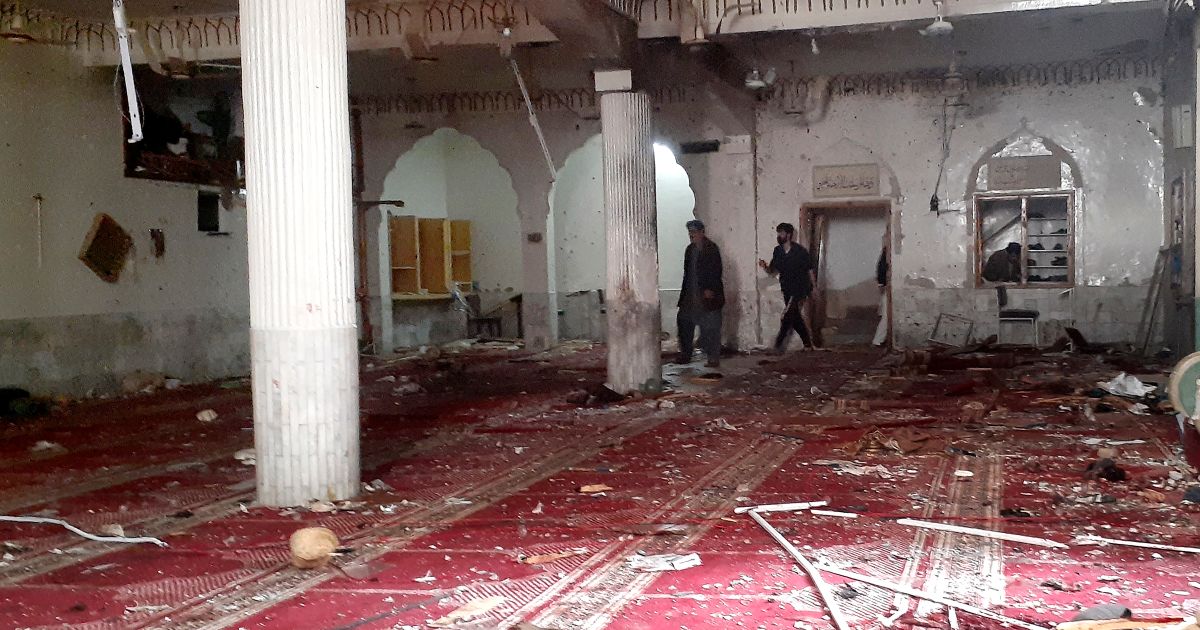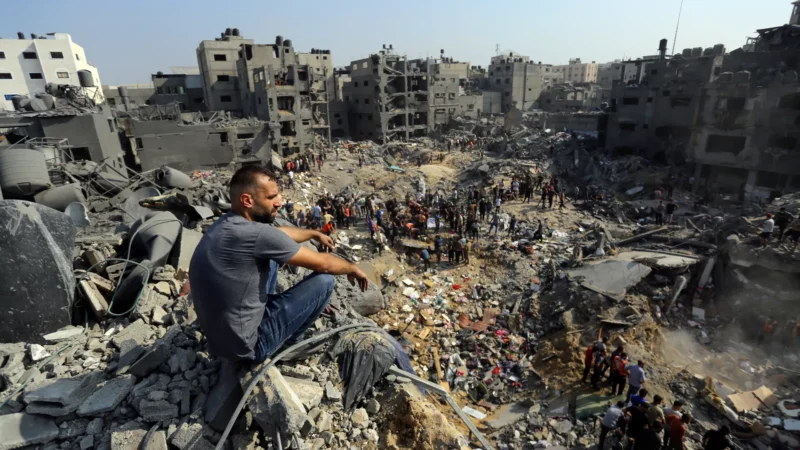ISIL suicide bomber of Pakistan mosque was Afghan exile: Police

Police also said they killed three suspects allegedly involved in last week’s bombing in Peshawar that killed 64 people.
An ISIL (ISIS) suicide bomber who killed 64 people at a Shia mosque in northwest Pakistan last week was an Afghan exile who returned home to train for the attack, police say.
Two senior Pakistan police officials said the suicide bomber responsible for Friday’s Peshawar blast had prepared the attack in Afghanistan, an AFP news agency report said on Wednesday.
The officials said the attacker was an Afghan national in his 30s who moved to Pakistan with his family decades ago.
“The bomber went [back] to Afghanistan, trained there and returned without informing his family,” one of the senior police officials, who did not want to reveal his identity, told AFP.
Pakistani police on Wednesday also said they killed three suspected attackers allegedly involved in the bombing at the mosque in Peshawar, the capital of northwestern Khyber Pakhtunkhwa province.
Peshawar police chief Ijaz Khan told reporters the suspects, including the “main handler”, were killed in a security operation near Khyber tribal district, the gateway to neighbouring Afghanistan.
The handler, Khan claimed, was involved in guiding the suspected suicide bomber who blew himself up in the middle of worshippers during Friday prayers at the mosque in the historic Kissa Khuwani Bazaar.
The bombing followed a string of similar attacks in war-torn Afghanistan, whose border lies about an hour from where several Shia mosques were targeted after the Taliban took control of the country last August following the hasty withdrawal of the United States-led forces.
Since then, there have been warnings Afghanistan could become a recruiting ground and staging post for armed fighters, though the Taliban has pledged it will not allow Afghan soil to be used to plot attacks on other nations.
However, last month, the United Nations Security Council said “terrorist groups enjoy greater freedom there than at any time in recent history”.
ISIL (ISIS) also claimed responsibility for what it said was a suicide blast on Tuesday that killed seven paramilitary troops near a site in southwestern Pakistan where the president had visited less than half an hour earlier.
Muhammad Amir Rana, director of the Pakistan Institute for Peace Studies, said there was “a lot of apprehension” in the international community over the prospect of Afghanistan becoming a haven for armed groups.
“There are a lot of questions on the Taliban’s ability to govern Afghanistan,” said Rana.
Since the Taliban’s return to power in Afghanistan, Pakistan has acted as a key broker between the group and the international community.
Pakistan was one of just three nations to officially recognise the Taliban’s first government from 1996 to 2001.






